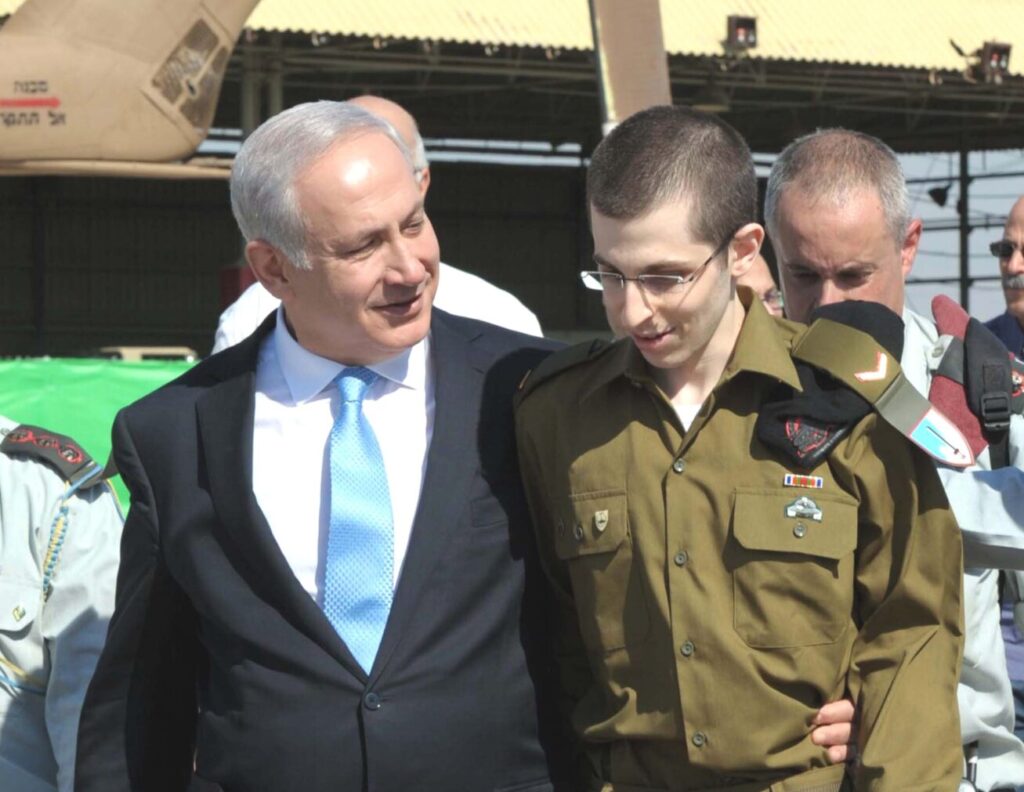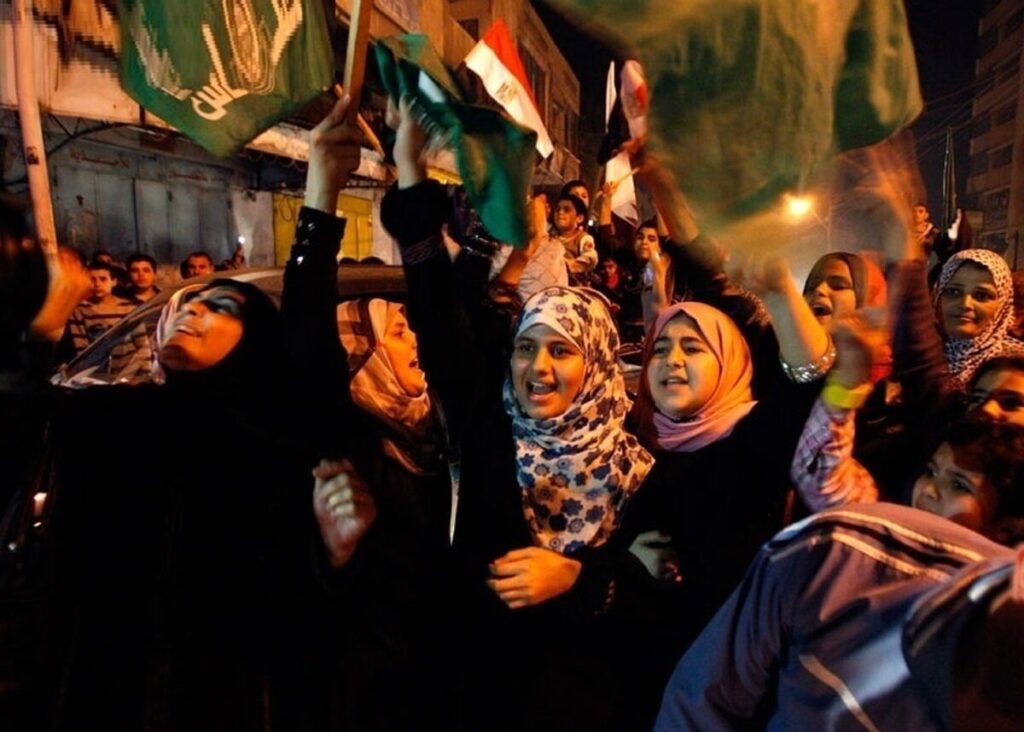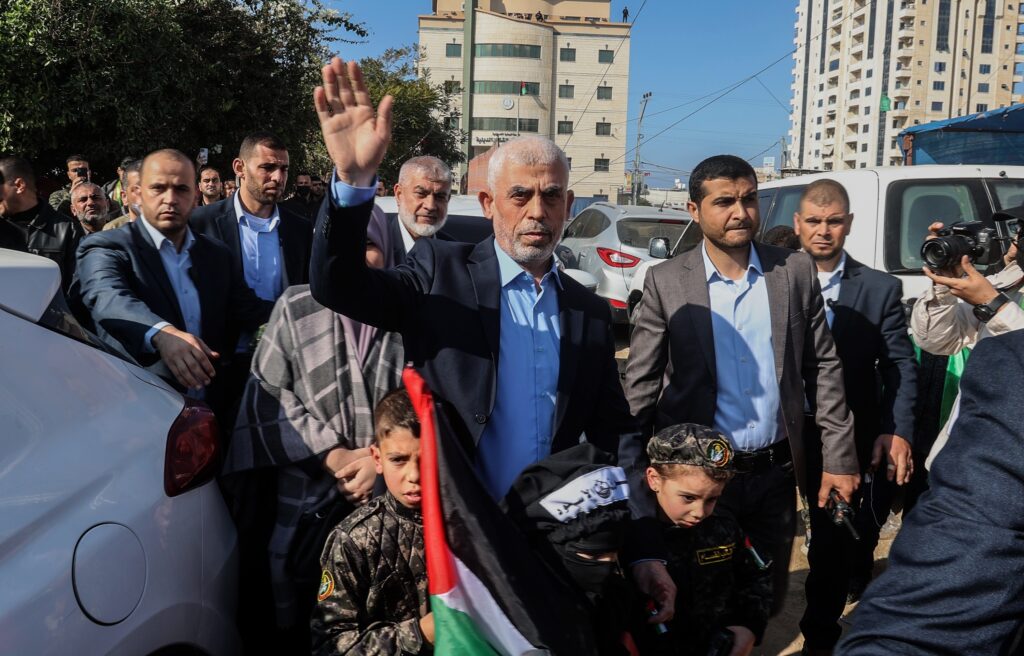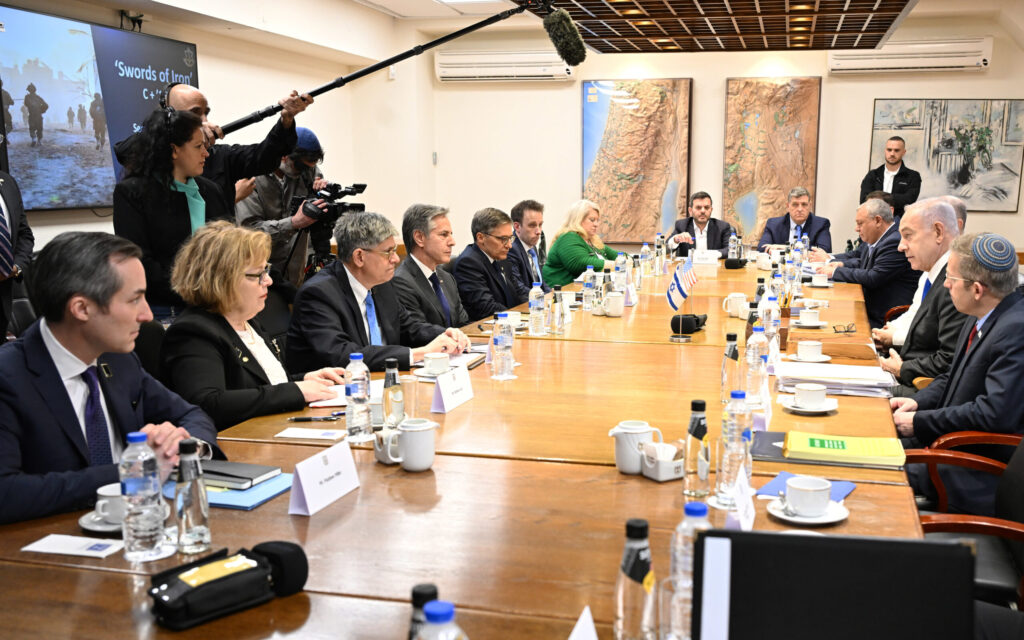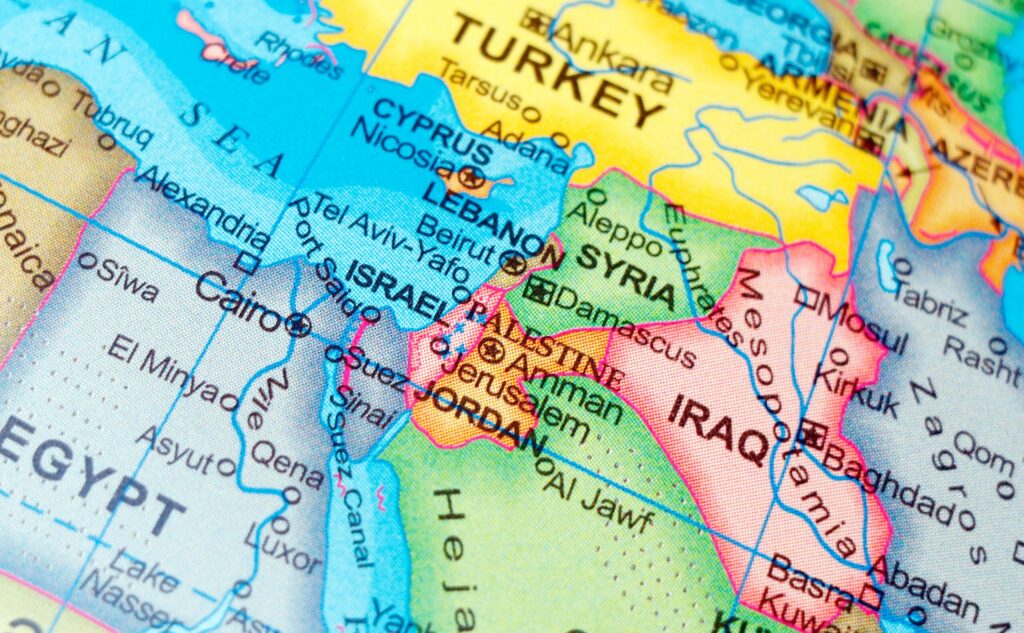UPDATES
Egyptian FM in landmark visit to Israel/ Palestinian incentives for killing Jews
Jul 14, 2016
Update from AIJAC
July 14, 2016
Update 07/16 #03
This weekend saw a visit to Israel by Egyptian Foreign Minister Sameh Shoukry. That may not ostensibly seem surprising given that Israel and Egypt have had full diplomatic relations for almost four decades, but in fact was a highly unusual step – the first such visit in nine years. As such it was a sign of the changing strategic environment and warming security ties between Jerusalem and Cairo – as the pieces in this Update discuss.
First up is Washington Institute scholar David Makovsky, who focuses especially on what Shoukry’s visit indicates about Israeli-Palestinian peacemaking efforts. In particular, Makovsky argues that Shoukry was in Israel in large part to promote Egyptian President Sisi’s own intitiative for promoting direct Israeli-Palestinian talks under his own auspices – something Israel favours in preference to French and US ideas such as international conferences and UN Security Council resolutions. The Palestinians prefer efforts in international bodies, but would have trouble resisting calls and pressure by Egypt to engage in direct talks, Makovsky notes. For more on the effects of the Shoukry visit on other peacemaking efforts, CLICK HERE. Interestingly, the visit ended with reports that Netanyahu promised Egypt that he would be prepared to participate in a summit in Cairo with Palestinian Authority President Mahmoud Abbas under Sisi’s auspices, as Makovsky implied he might.
Next up, former Israeli Ambassador to Egypt Zvi Mazel who notes that the Shoukry visit was only the latest in a series of signals from Egypt that it is thawing its relations with Israel. Mazel argues that Egyptian President Sisi is also signalling he wants to resume Egypt’s traditional role as leader of the Arab world – and it is for this reason that he is making the Palestinian issue a key focus of his rapprochement with Israel so as to keep regional elite opinion on board. But, Mazel emphasises, there is a great deal more that Egypt hopes to gain from drawing closer to Israel – including security cooperation, especially against ISIS in Sinai, Israeli adherence to the tacit anti-Iranian alliance including Egypt, Saudi Arabia, Jordan and the UAE, and economic cooperation across a variety of sectors. For Mazel’s look at the larger regional context of the Egyptian effort to improve ties with Israel, CLICK HERE.
Finally, American foreign affairs correspondent Eli Lake looks in detail at the economic incentives being offered by the Palestinian Authority for the commission of anti-Israel terrorism. Using the recent case of a 17-year-old Palestinian who murdered a 13-year-old Israeli girl in her bed as his starting point, Lake notes that, for decades, not only have Palestinians who commit such acts been hailed as martyrs, but their families are materially rewarded from a “martyr’s fund” administered by the Palestinian Authority. Lake notes that such payments remain popular among Palestinians, and Abbas, while he came to power opposing such terror attacks, has been unable or unwilling to stop the PA from rewarding such acts – though there is now a US effort to deduct such funds from aid to the Palestinians. For Lake’s exploration, one of the first in the mainstream press, of this significant barrier to ending terror and making peace, CLICK HERE. More on how the PA celebrated the murder of the 13-year-old girl in her bed is here and here.
|
|
|
|
|
|
|
|
|
Tags: Egypt










